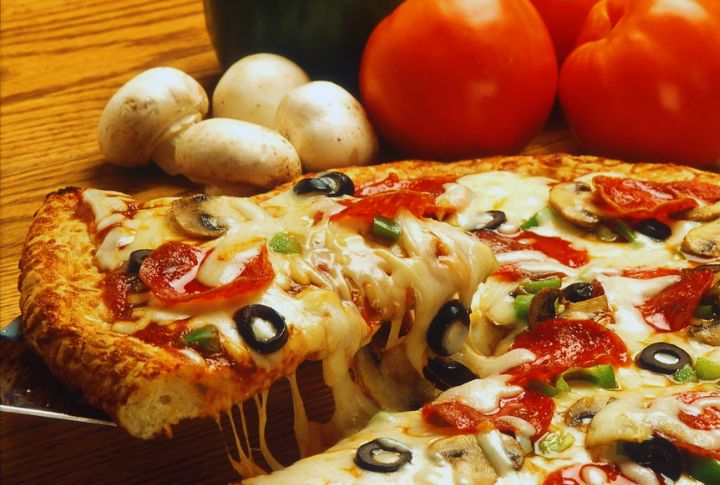
The reason you keep ordering that one slice isn’t always logic—it might be a seasoning that reminds you of your grandfather’s kitchen or a crust that folds like your favorite nap. Whether it’s smoke from a wood oven or a spicy topping you didn’t expect, flavor carries history. These 10 unmistakable markers explain why some slices taste like comfort, while others taste like someone else’s leftovers.
A Tale Of Two Textures

New York slices fold gracefully while pan pizza offers pillowy resistance. These distinct textures create more than sensations—they form memories linking crusts to celebrations or late-night conversations. Your palate instantly recognizes authentic hand-tossed perfection through that first revealing chew.
The Garlic Factor
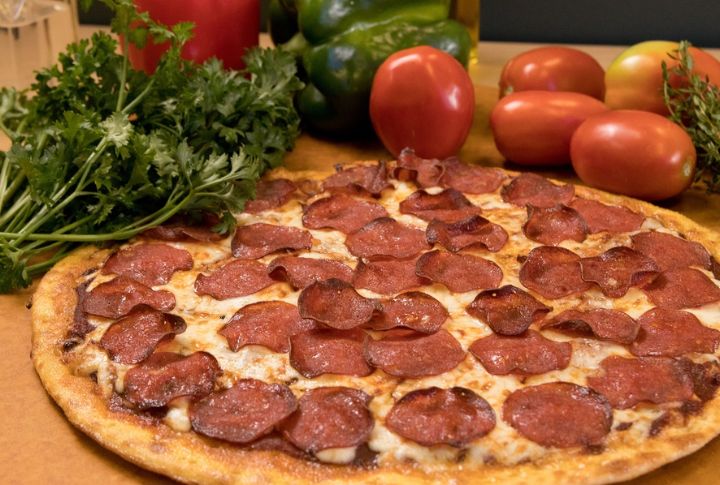
Fresh garlic hitting hot oil transforms kitchens into aromatic sanctuaries announcing someone truly cares. Neither subtle nor apologetic, garlic commands attention whether crushed into sauce or sliced paper-thin. This powerful ingredient creates an invisible bond between chef and diner that lingers long after the meal.
Meat Matters
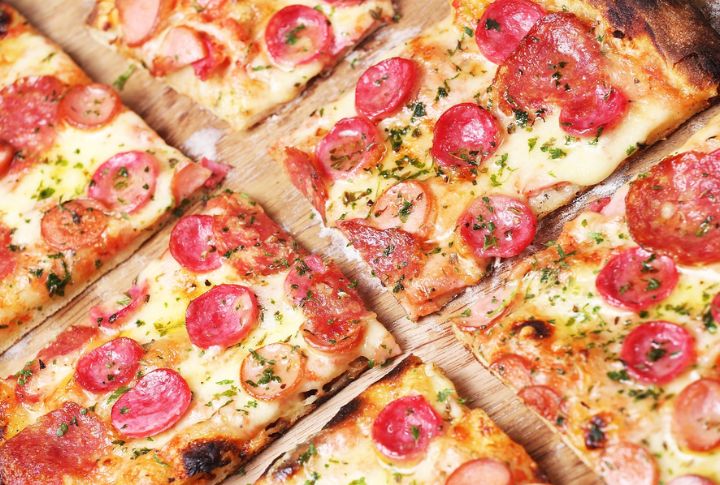
Each meat topping carries its own signature across the pizza spectrum. Sausage crumbles evoke Sunday gatherings while crisp pepperoni discs offer flavorful treasures. Hearty meatball slices transform ordinary pizza into something personal, telling stories of regional pride and generational recipes through every savory bite.
Seasoning Secrets
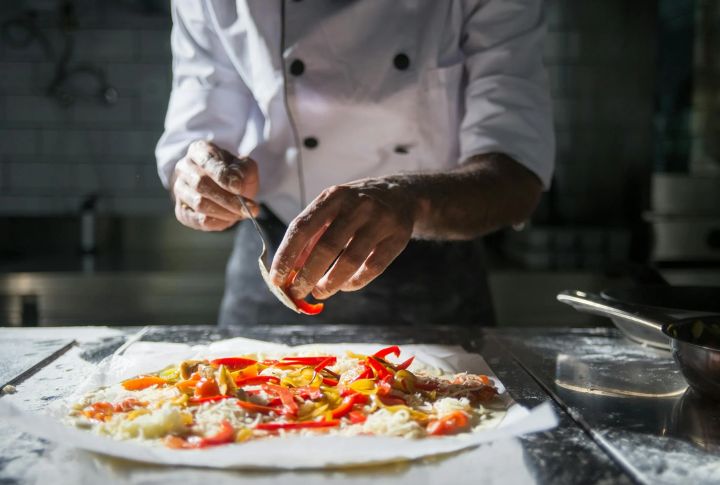
Herbs and spices beneath melted cheese reveal culinary intention and family history. Oregano from Grandpa’s windowsill or Mom’s special chili flakes transform ordinary pizza into legacy. Perfect balance creates harmony while improper amounts betray the maker’s hand—your taste buds recognize this seasoning language instantly.
Cultural Roots
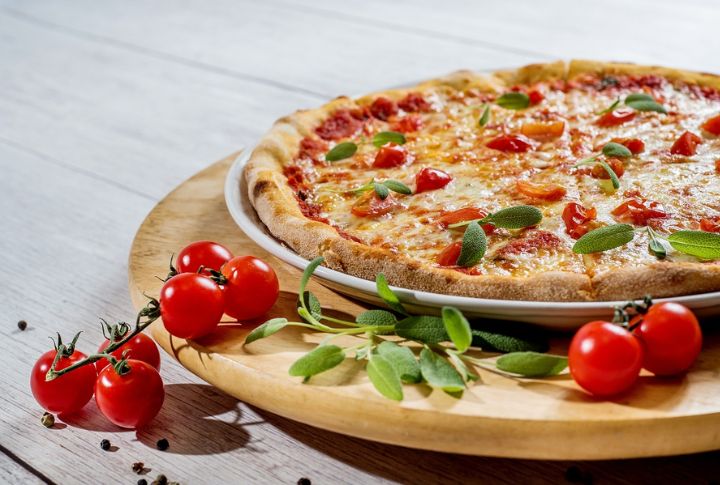
Pizza represents culinary immigration in delicious form. Chewy crusts carry Neapolitan heritage while tangy sauces might reflect Dominican influence from Bronx kitchens. Each ingredient tells stories of ocean crossings and cultural preservation through one perfect cheese-topped slice in your hands.
Regional Variations
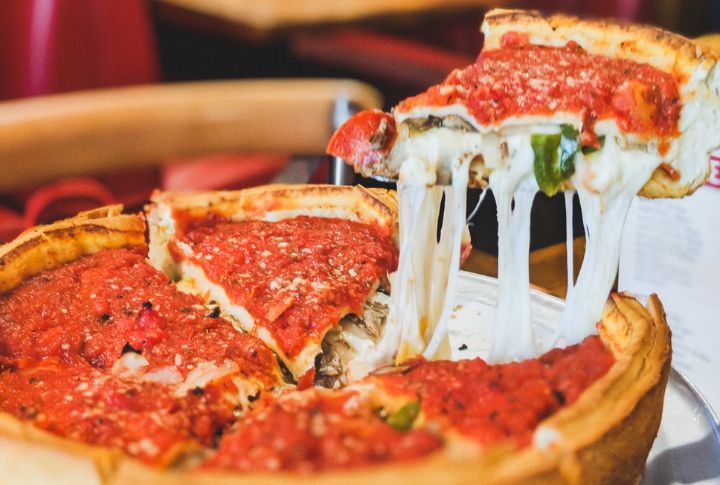
Ohio’s square pies with sweet sauce, Brooklyn’s foldable slices, and Chicago’s deep dish innovations show how geography shapes pizza identity. Local traditions dictate crust thickness and topping techniques. Even New Haven’s white clam pizza carries fierce regional pride—your location fundamentally influences pizza perfection.
Childhood Memories
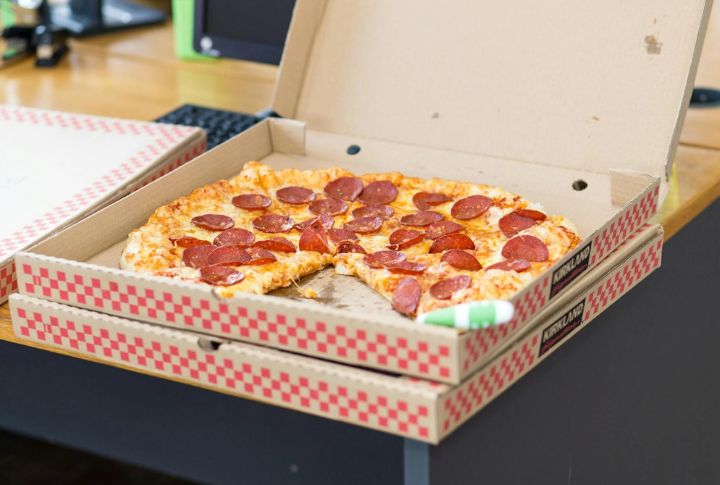
Greasy boxes on movie nights created memories stronger than mere nutrition. Pizza marked victories and weekend freedoms throughout childhood. The flavor combination you defended from siblings formed your taste profile, creating nostalgic connections that expensive restaurants can never replicate despite gourmet attempts.
The Mortadella Connection
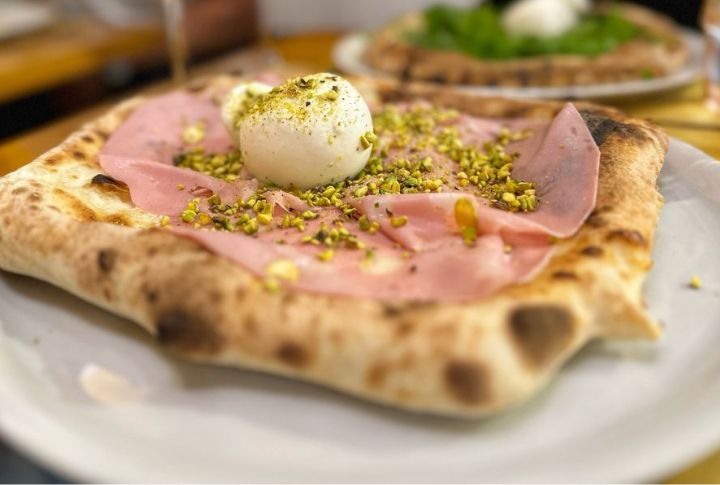
Before pepperoni dominated, smooth mortadella with its distinctive fat pattern reigned supreme. Often served in warm focaccia with knowing winks from Italian grandfathers, this predecessor created lifelong devotees through subtle complexity. Delicate, paper-thin slices delivered grown-up flavors preparing palates for future culinary adventures.
Smoke Signals
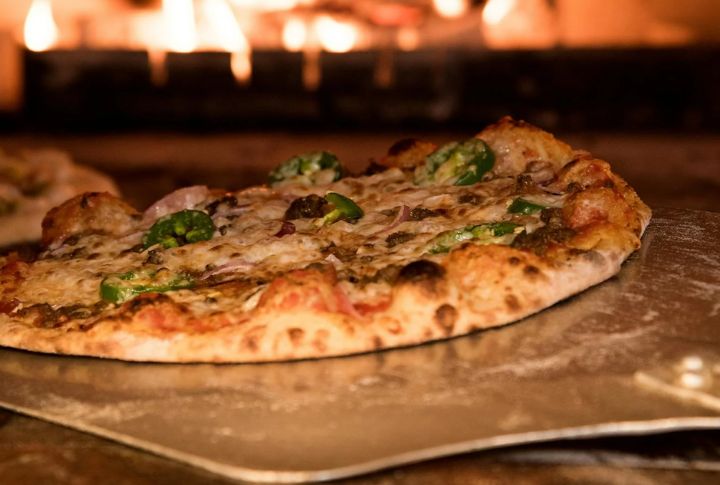
Wood-fired pizza announces itself through distinctive aromas of charred crust and caramelized cheese before you even see it. These creations rely on the ancient partnership between flames and intuition rather than digital precision. The resulting flavor complexity speaks volumes about craftsmanship without requiring elaborate toppings to convey authentic character.
Artisanal Revival
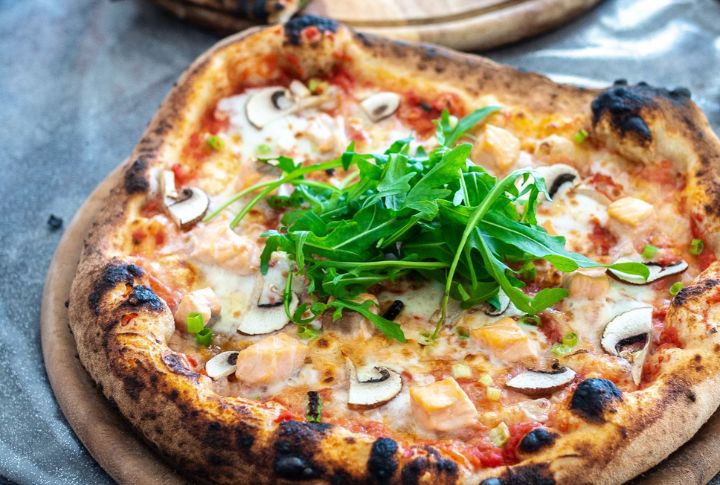
Modern pizza culture resurrects traditional methods through fermented sourdough crusts and slow-simmered sauces honoring generational wisdom. This renaissance values process over shortcuts and connection over convenience. Contemporary artisans blend nostalgia with innovation to deliver comfort that feels simultaneously familiar and exciting with every thoughtfully crafted bite.
Leave a comment